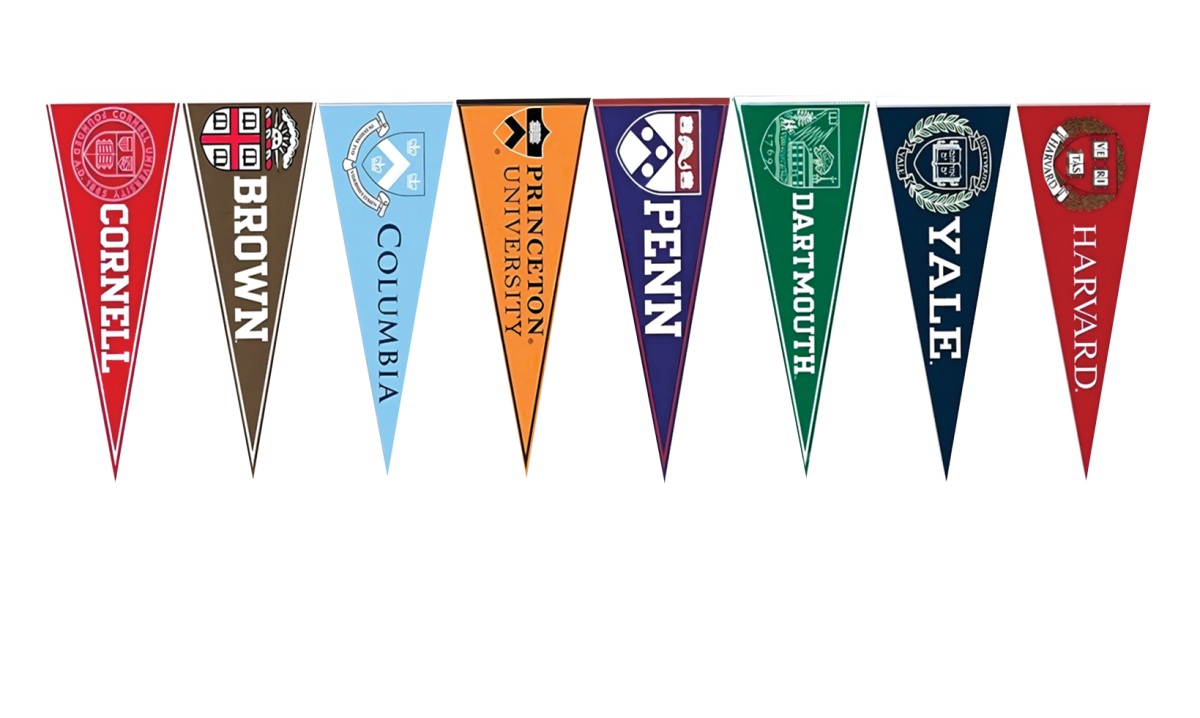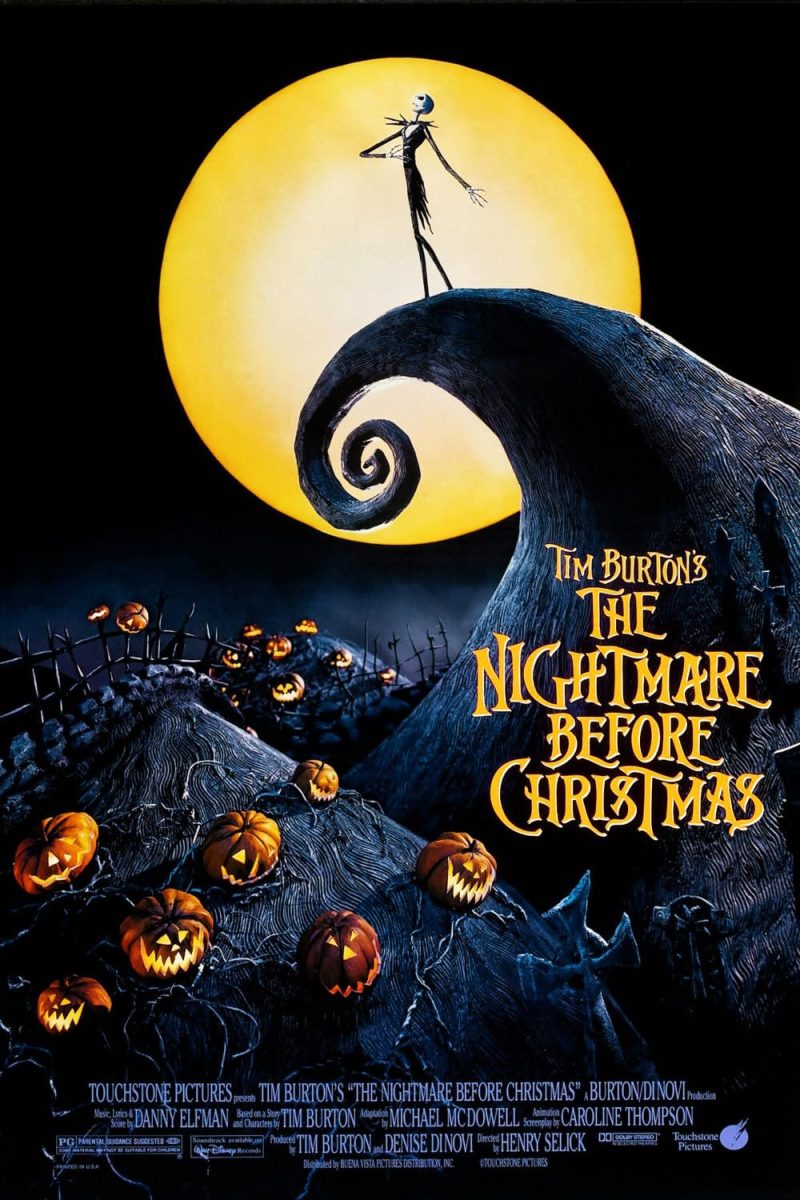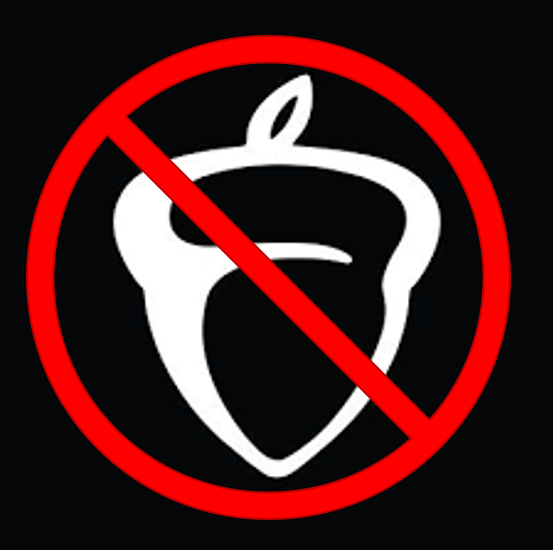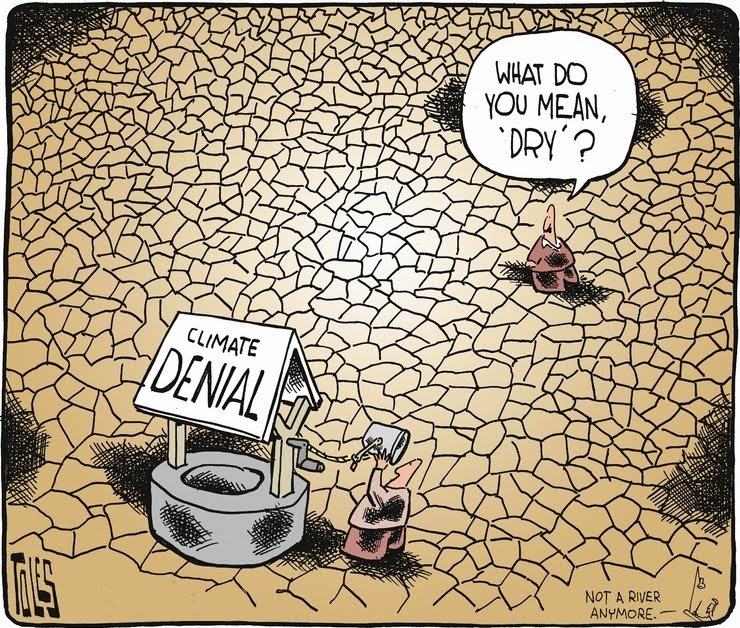“I know I’m going to get rejected,” a distressed high school student prefaces as they stare intently at their laptop. Hands shaking nervously, they hover over the button that will decide their fate for the next four years. “Yeah, I’m not getting in,” the student reiterates as they finally click the button. A brief pause ensues, building up suspense for the pivotal moment. Suddenly, the student’s eyes light up in shock — “I GOT INTO HARVARD!!!!”
Every highly viewed college decision video plays out in this same way, with the student possibly facing a couple of rejections but eventually getting accepted into an Ivy League institution, Stanford, or MIT, and reacting emotionally. The millions of viewers of these videos comment uplifting messages like “Congrats on [insert top school/Ivy League]!” or “Congrats on your acceptances, especially [insert top school/Ivy League]!”
However, beneath this positive facade, college decision reaction videos perpetuate an already overblown infatuation with elite colleges by presenting college admissions as an end-all-be-all situation.
With their low acceptance rates and famous graduates, top-ranked colleges like those in the Ivy League, Stanford, and MIT are often seen as the epitome of achievement in college admissions. To make the stakes higher for applicants, admissions have become increasingly difficult over recent years. With a growing trend of colleges going test-optional, top-ranked colleges have received a surge of applicants.
For example, Yale University, which first adopted a test-optional policy in 2020, hit a record number of applicants in the 2022-2023 admissions cycle. Of the 52,250 applicants, only 4.35% were admitted. This was also a record-low acceptance rate for the #3 ranked National University (US News). Other Ivy League institutions dealt with similar statistics. People believe that obtaining these colleges’ elusive and prestigious brand names will transform their entire life and solidify their future success, regardless of whether the school is the best fit for them.
The obsession with attending an elite university has led students and families to use illicit tactics to increase their chances of acceptance. Some students cheat and plagiarize work to improve their grades or make their portfolios more impressive. Some even pay people to write essays for them or outright lie on their applications. These tactics often go unnoticed, contributing to the corruption of college admissions. Even with strict punishments for getting caught, students still resort to these unethical methods, reflecting an unhealthy fixation on prestige.
Organizations dedicated to facilitating students in cheating their way into colleges have also been exposed in recent years. In 2018, the New York Times investigated T.M. Landry College Prep, an unaccredited college preparatory school in Louisiana that had gained widespread attention for sending all its graduates to top-tier colleges. The New York Times soon discovered that the prep school fabricated transcripts and ACT scores and forced their students to write untrue sob stories (or write for them) to enhance their college applications.
On an international level, a criminal operation by Rick Singer, known as Operation Varsity Blues, came to light in 2019. In this college admission scandal, Hollywood celebrities and other members of the top 1% paid Singer up to 6.5 million dollars to get their children into top colleges. Singer would use the wealthy parents’ “donations” to bribe college officials and hire people to take standardized tests for the children. Singer would also use his connections with college coaches and manipulative tactics to get the children recruited for athletics like sailing.
All these examples of dishonest behavior in college admissions display the extremity of certain peoples’ desire for prestige, yet the issue extends to society as a whole. While not everyone is cheating their way into college, everyone is guilty of idolizing elite colleges.
Top-ranked colleges may have a prestigious reputation, but ultimately, a person’s success depends on themselves. A higher-ranked college may have greater funding and resources, but what matters most is whether people take full advantage of the opportunities available to them. Furthermore, ranking systems are biased and misleading. A top-ranked college may not be as strong as a lower-ranked college in a particular field. Ranking systems also exaggerate the difference in quality of education between prestigious universities and state universities, for example. A state university may not crack the top 20 on a US News ranking, but have a similar quality of education as an Ivy League school, all at a much lower price.
The emphasis on prestige detracts from the high school experience by creating unnecessary pressure on students to get into a top-ranked school. A survey by the Princeton Review found that 74% of college applicants were highly stressed.
College decision videos exacerbate this anxiety by setting an unrealistic standard. These videos exhibit self-selection bias, as people who record their reactions and get into a top-ranked university like Harvard are more likely to post their videos compared to those who do not have as prestigious results. Many college decisions reaction videos also promote the idea that “it all works out in the end.” While this is an uplifting mantra, it is used in a toxic way, with “working out” referring to gaining acceptance to an elite college. Again, this perpetuates the idea that college admissions are the ultimate prize.
With increased pressure to get into top-ranked colleges, students find themselves trying to conform to the cookie-cutter admitted student — perfect GPA, perfect standardized test scores, published papers, leadership positions, and a plethora of awards. For many students who fall into this trap, they sacrifice what truly interests them for unfulfilling achievements, making their high school journey grueling and stressful rather than enjoyable and enlightening.
As the 2022-2023 college admissions cycle and school year come to a close, let’s celebrate our educational journey and individual passions rather than glorify rankings and prestige. It’s definitely a feat to get accepted into an elite college, but the name of your school does not define who you are or will be. Whatever path you choose, your journey is just beginning.







